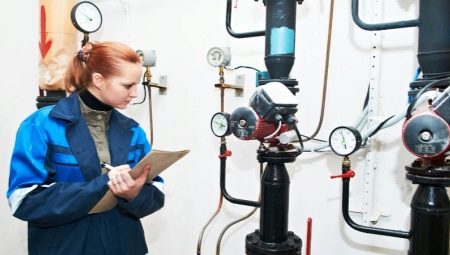An engineer working with instrumentation performs repairs of all electronic devices, performs timely testing of their condition and maintenance. Thanks to professional education, the instrumentation and automation engineer is able to arrange the supply of equipment in each production workshop, this employee collects information issued by automatic devices and gets an idea about how to use electric energy.
We will talk about how to get the profession of instrumentation engineer, what are the functional responsibilities of this specialist and career prospects - in our review.
Features
To begin with, let's dwell on the decoding of the abbreviation Instrumentation and Automation, it means instrumentation and automation. Thus, we can conclude that KIPovets engineer is a specialist of the unit, which is responsible for the operability of all sensors and devices of the enterprise. It can be water meters, temperature controllers, frequency converters, as well as pressure gauges, pressure gauges and many other automatic meters - instrument engineers are fully responsible for the maintenance of these devices, their repair and restoration. A specialist in this profession is responsible for introducing modern technological innovations and setting up computer equipment.
Instrumentation and control engineer is a managerial position, designers, electricians and adjusters are subordinate to this specialist. This position is assigned to a person who has a certificate from Rostekhnadzor for working with electrical equipment, which is issued on the basis of certification.The candidate for the position must have a higher technical education, no requirements for seniority are presented.
However, in order for a person with secondary technical education to qualify for the position of instrumentation and automation engineer, he must work for at least 3 years as a first-level technician or at least 5 years in related technical positions.
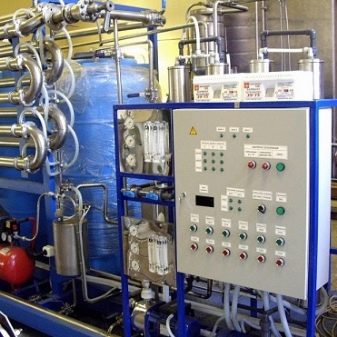
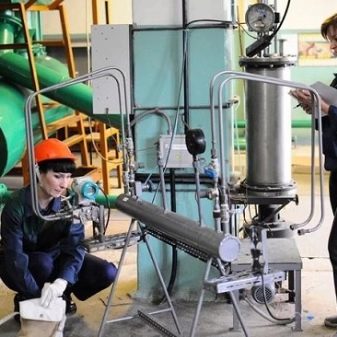
Responsibilities
In accordance with the existing ECTS, establishing professional standards, the site engineer performs the following functions:
- provides profile operation of devices;
- conducts research and diagnostics of equipment condition;
- if necessary, repairs and restores the functionality of failed electrical appliances;
- carry out the adjustment of automated elements, production lines;
- fixes the parameters of the devices, processes the results and based on them draws up protocols and other planning documents;
- develops a set of measures aimed at improving the operational parameters of equipment, safety of devices and the efficiency of production;
- draws up a scheme for removing equipment from work when it breaks down, as well as the reverse introduction into the general production process after repair;
- agrees with the contractor reconciliation certificates on repair work;
- takes part in the suspension of equipment, as well as restarting in the event of maintenance work;
- in due time carries out technical certification of electrical appliances;
- provides external services for the re-equipment of production facilities in accordance with the new regimes and regulatory documents;
- maintains a register for timely submission of all necessary control data for verification;
- forms a production request for the purchase of measuring instruments necessary for the production process, their components and other necessary resources.
During the delivery and commissioning of the equipment, the instrumentation and automation engineer performs the following tasks:
- checks the availability and authenticity of certificates, as well as passports of electrical appliances, clarifies the correctness of their design;
- analyzes all offers from subcontractors;
- attracts installers to work, provides employees of installation companies with access to equipment.
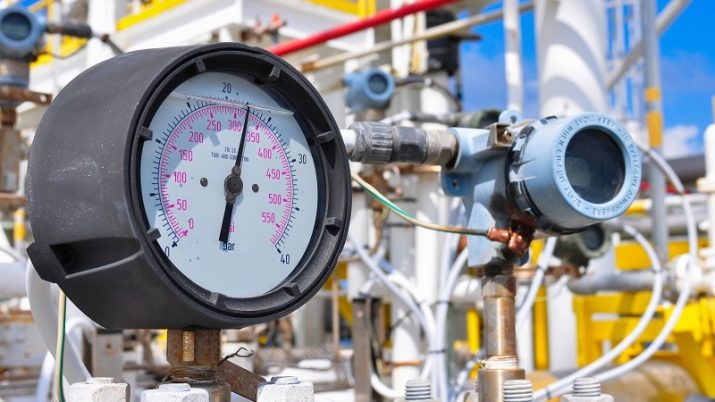
At the stage of installation and connection of electrical appliances, KIPovets is responsible for the following types of work:
- draws up a service report on the need to introduce new codes into the internal electronic document management system;
- fills in data on goods and services in the electronic system operating at the enterprise;
- prepares contracts with the contractor, scans all the necessary constituent and permissive documents of the contractor, agrees with lawyers and senior managers on the draft contract with the specifications attached to it;
- checks the functionality of the purchased electrical appliances; if the declared parameters do not match, it makes a claim to the contractor.
In addition, the instrumentation engineer:
- periodically removes data on the operation of the equipment used;
- in case of failure of electrical appliances generates defective statements;
- warns management of the risk of occurrence of outbreaks of the accident and fire hazard situations.
Specialist in this position has the right to stop equipment for the purpose of repair. In addition, he regularly reads incoming primary information, organizes it, analyzes and processes it, and also performs the calculations necessary for production. Instrumentation and control engineer in accordance with the job description oversees the preparation of working reports, as well as tables, diagrams and graphs based on data received from electrical appliances.
In addition, the specialist in this position participates in the preparation of personnel documents and submits reports to the statistical authorities.
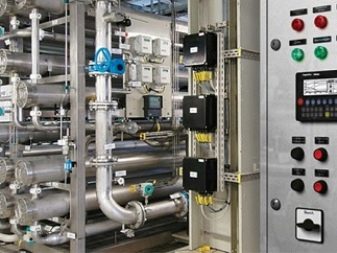
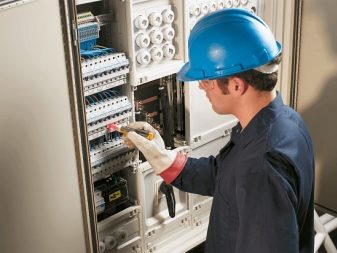
Knowledge and skills
In order to fulfill their professional duties, leading instrumentation and control specialist should know:
- technical, as well as economic and structural parameters of the equipment when operating in the accident mode or during repair and restoration work;
- approved standards for industrial electrical installations;
- methods and methods for visual assessment of the health of electrical equipment;
- mechanism for calculating the parameters of electrical equipment;
- methodology and tools for all necessary measurements;
- the totality of existing methods used to obtain data, their processing and subsequent transfer to higher structures;
- standard of work with computer equipment;
- basic principles of economics and ergonomics in the field of work of a manufacturing enterprise.
An engineer KIPovets should be able to work with specialized programs on a PC, as well as have the skills to diagnose and set up automation. This employee must know all the safety requirements at the enterprise associated with the use of personal protective equipment, as well as fire safety standards.
An additional bonus is knowledge of labor and environmental laws.
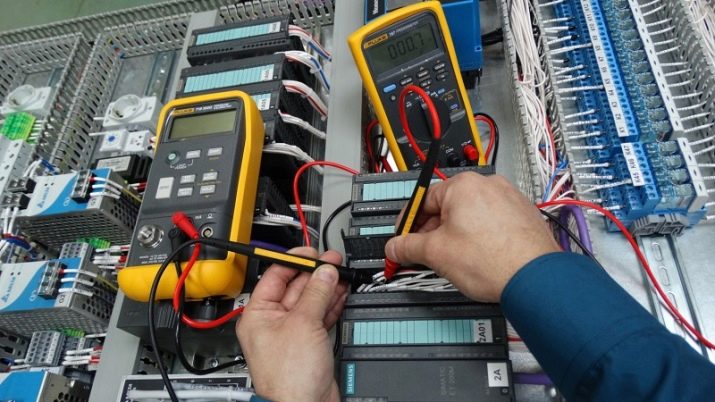
Education
As for the training of the candidate for the position of instrumentation and automation engineer, secondary education, even professional technical education, will obviously not be enough. At the end of a technical school or college, a young specialist receives the qualification of a KIP fitter, this does not allow him to take the position of engineer. If a person wants to have a high category, he should take care of getting a higher education. Graduates of polytechnic, energy and technological universities, in a word, of any educational institutions that provide a full-fledged technical education, can apply for a specialty as a control engineer. The names of programs, having finished which can be applied for an engineer position, usually sound as follows.
- Management in technical systems.
- Automation of production and technical processes.
The period of study is 4-5 years. During the training, a specialist in instrumentation and automation receives specialized knowledge in physics, mathematics, information technology, mechanics, design, as well as automation, hydraulics and electrical engineering. In Russia there is a fairly wide range of technical universities with a good reputation, so you should not worry about training. Modern institutions offer both full-time and part-time studies for engineers.

The second option is optimal for those who have already graduated from college or college and got a job as a fitter or locksmith and plans to further pursue an engineering career. Thanks to distance learning young specialist can receive the necessary education without interruption from productionhowever, in this case, the study period will last a year longer. However, a mechanic with secondary education also has the opportunity to acquire the desired profession even without studying at a higher educational institution. If a person has worked for several years by profession, then at any time he can go to specialized training centers and take retraining courses there. After passing the classes certification - a document is issued that allows you to apply for the position of engineer.
In the functionality of the instrumentation and automation engineer, one of the main tasks is to maintain the trouble-free operation of all electrical appliances. That is why, regardless of the professional category and length of service, every three years a specialist must undergo certification on labor protection issues. This specialist has direct contact with operating devices and, in the course of performing professional duties, is at risk of electric shock, gas poisoning, burns and other health risks.
In addition, the engineer is responsible for the activities of his subordinates, if necessary, he must be able to provide first aid. As part of the retraining, he receives fundamental knowledge in the field of ensuring electrical safety.
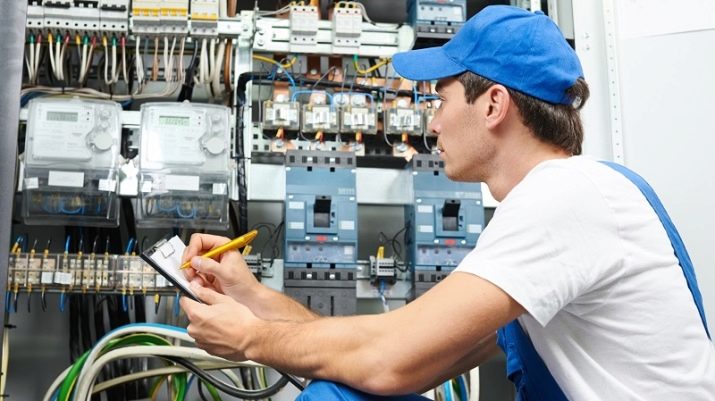
Job
Automated systems are available wherever any devices are used, therefore the profession of instrumentation and automation engineer is truly universal. It does not make absolutely any difference whether this person will work in a boiler room, in the construction industry or in production - this specialist can always choose a place for himself that suits his liking. However, in most cases it is HOA, ACS TP, as well as enterprises associated with automation and instrumentation.
In the course of his work, the engineer contacts with other services. So, workers give him information about the malfunction of individual devices or the entire line. Specialists of the measuring units transmit schedules for scheduled and unscheduled maintenance, as well as information on the timing of the start of overhaul and commissioning. Functional employees receive defective acts with estimated calculations from the engineer.
The work of the instrumentation and automation engineer is estimated by the speed of troubleshooting, as well as the uninterrupted operation of the equipment, observing all repair and inspection schedules and minimizing downtime. On average, in our country, the salary of a KIPovets engineer varies from 45 to 50 thousand rubles. The highest salaries are received by specialists in Moscow and St. Petersburg, followed by the Republic of Bashkortostan.
Important: applicants entering a technical university should clearly understand that only people who do not have serious health problems can take an engineer’s position. If the applicant has problems with coordination of movements, eyesight and hearing, as well as pathology of the cardiovascular and nervous systems or diseases in which a person may suddenly lose consciousness, they will not be taken to the position of instrumentation engineer.
If the applicant is not able to stay at high altitude for a long time, this will also be an obstacle to occupying the desired position, since a set of professional duties is often associated with high-altitude work.

